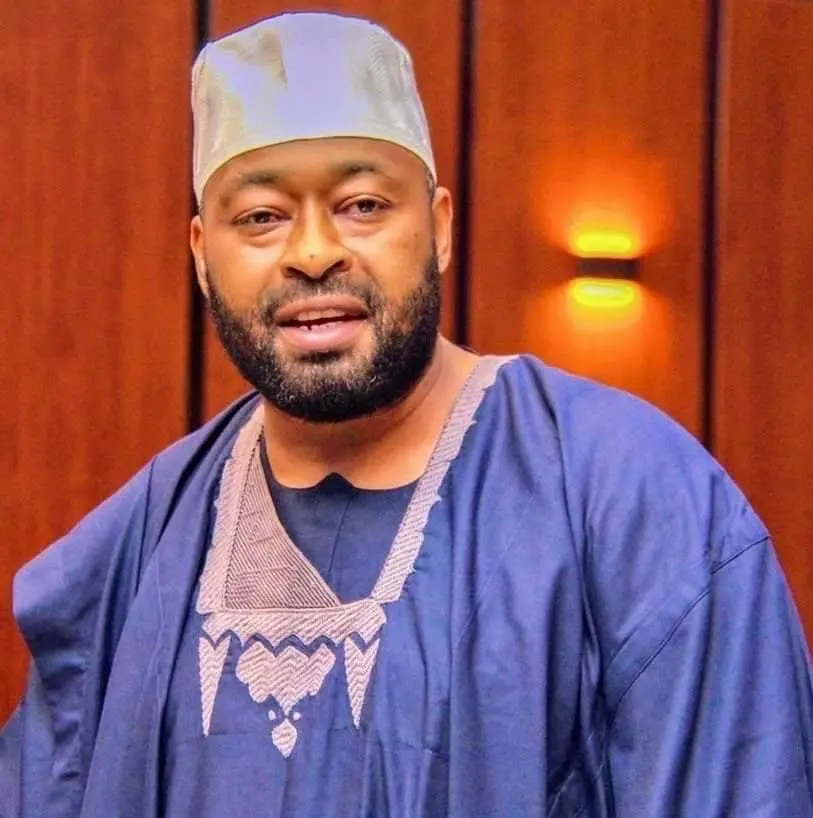Niger State Governor, Mohammed Bago’s Executive Order on thuggery yesterday received criticism from lawyers. Bago last week issued a sweeping executive order targeting thuggery, drug-related offences, and street violence following the rising crime rates in the state.
Part of the Executive Order is the ban on dreadlocks among the youths, with individuals keeping dreadlock hairstyles to be arrested and forcibly shaved.
Although they agreed that the governor has power to make orders that will protect life and property, the lawyers however said part of the order on thuggery was a breach of human rights.
According to them, the constitution mandates that any punitive actions must follow stringent legal procedures, and the application of executive orders should not circumvent established legislative measures.
A rights activist Bright Enado said: “The state’s responsibility to maintain public order and safety entails a balanced approach that upholds constitutional rights.
“There is a necessity for legislative processes that involve public consultation and judicial review to ensure that any new laws or executive orders align with national legal standards and international human rights obligations. “The state government should reconsider the proposed measures against thuggery.
“Strategies that effectively address security concerns without compromising fundamental legal principles should be put in place.
“The government should engage with legal experts, civil society, and the broader public in developing policies that are both effective and just.” Timilehin Ojo describing the order as a violation of individual rights.
Ojo said: “Executive actions should not infringe upon fundamental rights and every enforcement measures should be carried out within the bounds of the law. “I read on a platform part of the order that directed the demolition of buildings harbouring suspected thugs.
“This raises a major issue of collective punishment and property rights violation. “Demolishing buildings without a court order or due process infringes on the right to own property and the presumption of innocence (Section 36 & 44 of the Nigerian Constitution).
“Also, vague language such as ‘deal decisively’ can lead to excessive use of force and extra-judicial actions by security officials. “This violates the right to life and freedom from torture or inhumane treatment (Section 33 & 34 of the Constitution).
“If thuggery is made a nonbailable offence by executive order, it bypasses judicial discretion and could lead to indefinite detention, violating the right to personal liberty and fair hearing (Section 35 & 36).
“While addressing crime is legitimate, enforcement must follow due process. “The use of executive power without court backing can breach multiple constitutional rights, especially if punitive actions are taken without trial.”















